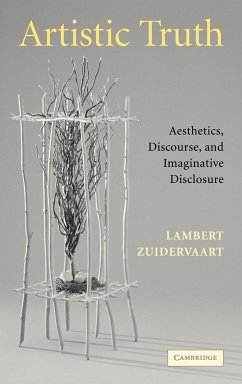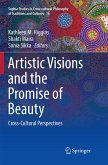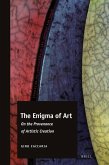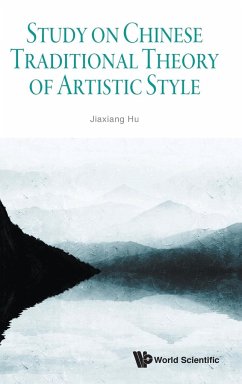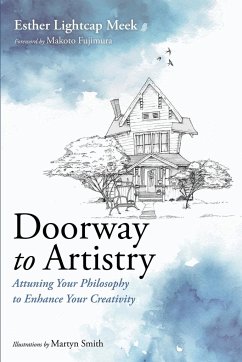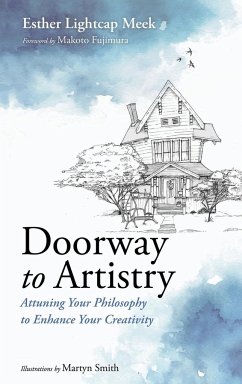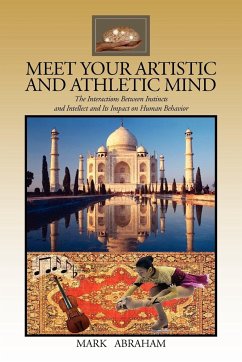Zuidervaart proposes an alternative hermeneutic theory of artistic truth that engages with analytic and continental philosophies.
It is unfashionable to talk about artistic truth. Yet the issues traditionally addressed under that term have not disappeared. Indeed, questions concerning the role of the artist in society, the relationship between art and knowledge, and the validity of cultural interpretation have intensified. Lambert Zuidervaart challenges intellectual fashions by proposing an alternative hermeneutic theory of artistic truth that engages with both analytic and continental philosophies and illuminates the contemporary cultural scene. People turn to the arts as a way of finding orientation in their lives, communities and institutions. However, as the author shows, philosophers, hamstrung by their own theories of truth, have been unsuccessful in accounting for this common feature in our lives. This book portrays artistic truth as a process of imaginative disclosure in which expectations of authenticity, significance and integrity prevail. Understood in this way, truth becomes central to the aesthetic and social value of the arts.
Table of content:
Preface; List of abbreviations; Introduction: critical hermeneutics; Part I. Hermeneutical Matrix: 1. Beardsley's denial; 2. Reciprocations; 3. Kant revisited; Part II. Constructive Clearings: 4. Truth as disclosure; 5. Imaginative disclosure; 6. Artistic truth; Part III. Linguistic Turns: 7. Logical positivist dispute; 8. Goodman's nominalism; 9. Wolterstorff's realism; 10. Aesthetic transformations; Notes; Bibliography; Index.
Hinweis: Dieser Artikel kann nur an eine deutsche Lieferadresse ausgeliefert werden.
It is unfashionable to talk about artistic truth. Yet the issues traditionally addressed under that term have not disappeared. Indeed, questions concerning the role of the artist in society, the relationship between art and knowledge, and the validity of cultural interpretation have intensified. Lambert Zuidervaart challenges intellectual fashions by proposing an alternative hermeneutic theory of artistic truth that engages with both analytic and continental philosophies and illuminates the contemporary cultural scene. People turn to the arts as a way of finding orientation in their lives, communities and institutions. However, as the author shows, philosophers, hamstrung by their own theories of truth, have been unsuccessful in accounting for this common feature in our lives. This book portrays artistic truth as a process of imaginative disclosure in which expectations of authenticity, significance and integrity prevail. Understood in this way, truth becomes central to the aesthetic and social value of the arts.
Table of content:
Preface; List of abbreviations; Introduction: critical hermeneutics; Part I. Hermeneutical Matrix: 1. Beardsley's denial; 2. Reciprocations; 3. Kant revisited; Part II. Constructive Clearings: 4. Truth as disclosure; 5. Imaginative disclosure; 6. Artistic truth; Part III. Linguistic Turns: 7. Logical positivist dispute; 8. Goodman's nominalism; 9. Wolterstorff's realism; 10. Aesthetic transformations; Notes; Bibliography; Index.
Hinweis: Dieser Artikel kann nur an eine deutsche Lieferadresse ausgeliefert werden.

